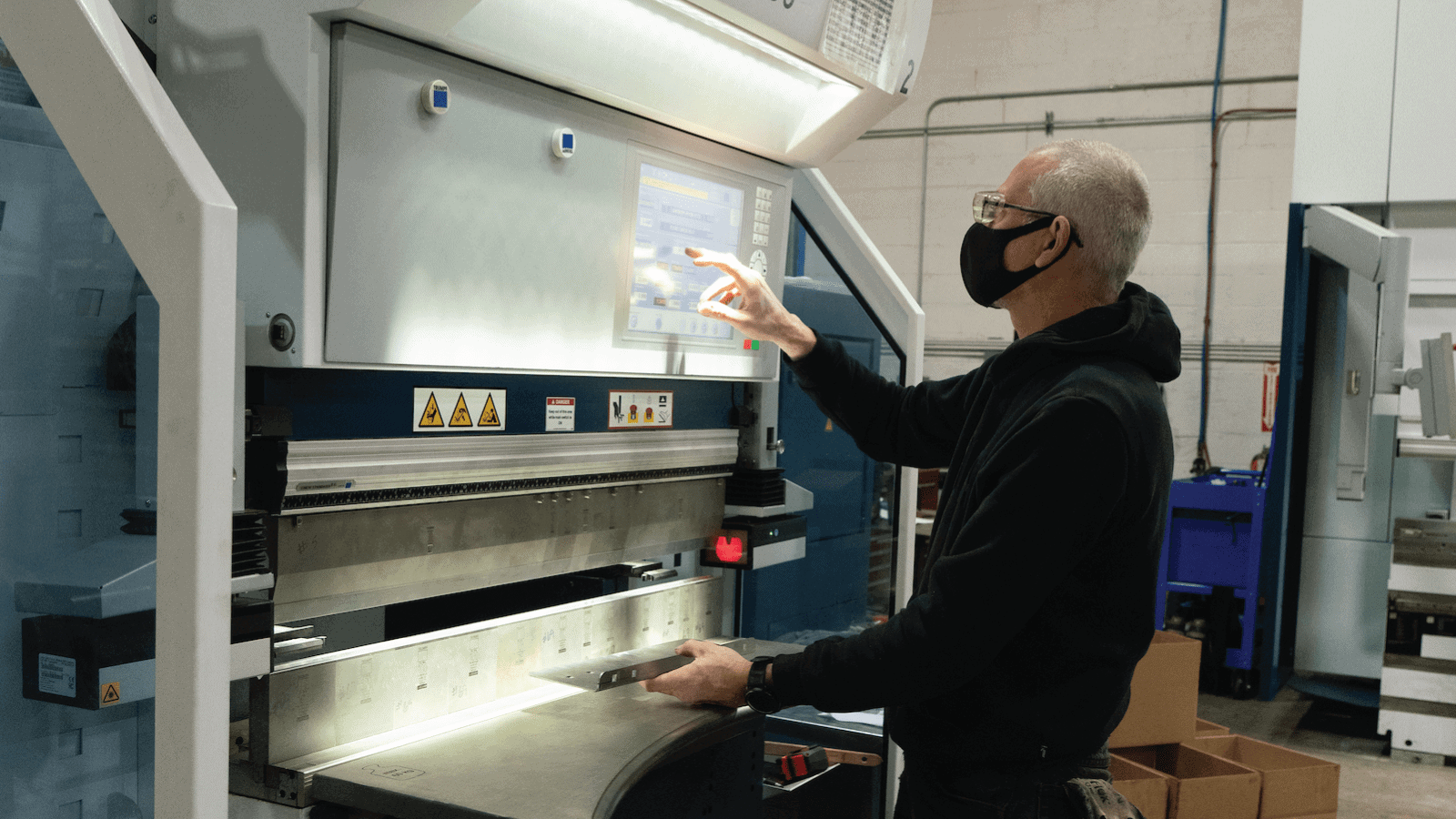
Manufacturing Engagement and Retention Study
This paper highlights the best practices and findings observed from a survey and company interviews. Manufacturers looking for effective strategies to retain their best employees will find this research informative and helpful.
Read the Entire Report
Access the ReportExecutive Summary
The Manufacturing Institute’s Center for Manufacturing Research partnered with the American Psychological Association to examine best practices for retention among manufacturers and explore the motivating factors that affect worker retention. The study, which took place between February and October 2020, included structured interviews with leaders from 14 manufacturing companies and a follow-up employee survey of 578 employees from five of the participating companies.
Highlights
- Retention concerns: Leaders from the participating manufacturing companies noted specific concerns related to retaining high-potential workers, skilled labor and employees in key technical and sales jobs.
- Drivers of retention: The top reasons manufacturing employees cited for staying with their current employer were enjoying the work they do (83%) and having stability/job security (79%). At least two-thirds of workers also said their employer’s family-oriented culture (69%) and the job fitting well with their other life demands (68%) were important factors in their decision to stay. Although fewer survey respondents overall (42%) identified training and career opportunities as reasons for staying, around two-thirds of those under age 25 said these were motivating factors in their decision to remain with their current employer (69% and 65%, respectively).
- Key retention practices: The most sophisticated retention efforts described by manufacturing leaders focus on actively involving employees, ensuring that every individual understands how their efforts are linked to overall company success and equipping frontline managers to support workers. Successful approaches also included formal employee development plans and clear career paths, cross-training with opportunities for broad and challenging assignments, comprehensive employee recognition, a supportive organizational culture with close ties to the community and competitive pay and benefits.
- Employee views of workplace practices: More than 7 in 10 workers said they are satisfied with their organization’s employee involvement (76%), training and development (72%), work-life balance (76%) and health and safety efforts (80%) and reported having sufficient autonomy (78%), as well as opportunities for career advancement (72%). Approximately two-thirds of workers said they are satisfied with their employer’s recognition (66%) and communication (63%) practices. These data support the view that work-life balance is important for workplace satisfaction and retention.
- Employee experience: At least 8 in 10 workers indicated that they are satisfied with their job (83%), are motivated to do their best (87%) and would recommend the company to others as a good place to work (80%). Approximately half of survey respondents (48%) reported high/very high work engagement, 43% reported an average level of engagement and just 10% reported low/very low engagement.
- Differences by job level: Senior leaders were more likely to report having sufficient opportunities for involvement in decision making (96%) and internal advancement (85%) and to say they are satisfied with the training and development opportunities available to them (94%), compared to frontline workers (67%, 70% and 66%, respectively). However, when frontline workers did report having adequate involvement, the differences related to advancement opportunities and training were reduced by approximately two-thirds.
- Recognition and fair treatment: Although most workers said they feel valued (69%) and treated fairly (79%), there are significant differences between those who have positive and negative experiences in these areas. Nearly all respondents who feel valued by their employer said they are highly motivated (97%), satisfied with their job (97%) and would recommend their company to others as a good place to work (96%), compared to just 45%, 30% and 25% of those who do not feel valued at work. Respondents who said they are treated unfairly were more than four times as likely to report feeling stressed out on a typical workday (68% vs. 16%) and almost 10 times as likely to say they intend to look for a new job within the next year (19% vs. 2%) compared to workers who say they are treated fairly.
Research Partners


Download the Entire Report